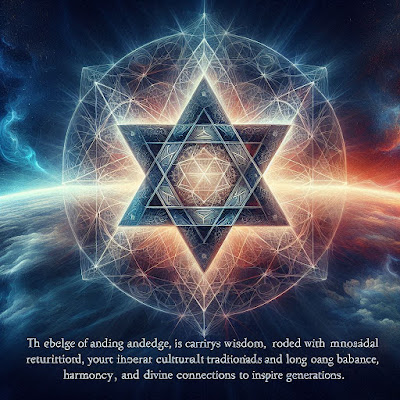The Silent Erosion of the Mind: Who Do We Become Without Reading?
Exploring the Cognitive, Emotional, and Societal Costs of a World Without Books
1. The Cognitive Costs: A Decline in Mental Sharpness
- Without reading, our minds become prone to stagnation. The brain loses opportunities for growth, as reading activates areas involved in imagination, memory, and reasoning.
- Loss of neuroplasticity: Reading reshapes the brain’s pathways. Without it, we risk mental rigidity, making it harder to adapt to new challenges.
- Reliance on fast-paced digital content reduces our attention span, leaving us unable to sustain focus on complex ideas.
2. Emotional Impoverishment: Losing the Ability to Empathize
- Stories allow us to feel others’ emotions, but without them, we become emotionally isolated.
- Oxytocin, the “bonding hormone,” often activated through engaging narratives, is less frequently stimulated, affecting our ability to form deep connections.
- Relationships may suffer as our understanding of others becomes surface-level, influenced only by immediate perceptions rather than deeper narratives.
3. Diminished Communication Skills
- Language is the vehicle of thought. Without exposure to varied linguistic styles, our vocabulary and expression grow simplistic, reducing our ability to convey complex ideas.
- Reading sharpens our ability to craft arguments and engage in meaningful discussions. Its absence makes us less articulate and more prone to miscommunication.
4. Cultural and Historical Amnesia
- Books preserve humanity’s collective memory. Without engaging with literature, we lose touch with our cultural roots and the lessons of history.
- The stories that shape societal values fade, leaving future generations untethered from their heritage.
5. Stunted Creativity: The Death of Imagination
- Fiction, poetry, and even non-fiction spark creativity by presenting new ways of seeing the world. Without them, our minds are trapped in the mundane.
- Problem-solving becomes linear and uninspired, as we lack the mental tools developed through imaginative engagement with stories.
6. The Loss of Solitude and Reflection
- Reading provides a meditative escape, allowing us to pause and reflect. Without it, our lives are consumed by endless external noise, leaving no room for introspection.
- The absence of quiet mental space contributes to increased stress and a loss of personal insight.
7. The Societal Consequences: A Culture of Shallowness
- When societies stop reading, critical thinking diminishes on a collective scale. People become easier to manipulate, swayed by sensationalism and misinformation.
- Creativity wanes, impacting innovation, art, and science, leaving future generations with fewer groundbreaking ideas.
8. The Existential Cost: Losing What Makes Us Human
- Books allow us to transcend our immediate experience and explore universal truths. Without them, we become more animalistic, driven only by instinct and short-term gratification.
- The richness of the human experience—its joys, struggles, and wisdom—fades, leaving us hollow and disconnected.
Call to Action: Reclaiming the Joy of Reading
It is not too late to reverse this trend. By prioritizing reading in our daily lives, we can reawaken the mind, strengthen our emotional connections, and preserve the cultural wealth that defines humanity. Let us champion the power of books, not just for ourselves but for future generations.
Additional Imagery for Engagement
- A contrasting image of vibrant readers sitting in a cozy library, surrounded by glowing books, each radiating a soft light of imagination and knowledge. Above them, the words "Read to Stay Human" etched in golden lettering.





Comments
Post a Comment